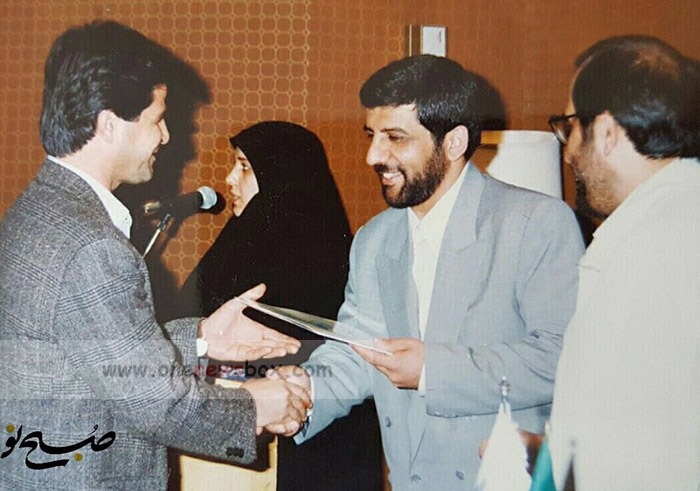showed a deep fascination with cinema. By the age of ten, he was using an 8 mm camera and had already acted in a short film. At the local Kanoon (Institute for the Intellectual Development of Children and Young Adults), he not only acted but also helped organize educational film programs for other children.
His formative years were shaped by the limitations of his environment. Poverty and social inequality were not abstract concepts—they were lived experiences that would later find powerful expression in his cinematic narratives. At twelve, Panahi started working to pay for his movie tickets, watching foreign and domestic films that introduced him to a broader world. These early experiences with both deprivation and storytelling laid the groundwork for his unique cinematic voice.
Military Service and Education
In 1980, Panahi was drafted into the army and served during the devastating Iran–Iraq War. From 1980 to 1982, he worked as a military cameraman on the front lines, witnessing the horrors of war firsthand. In 1981, he was captured by Kurdish rebels and held captive for 76 days—a traumatic event that deepened his awareness of political complexity and human vulnerability. His experiences during the war were later turned into a documentary that aired on Iranian television, marking his first significant foray into filmmaking.
After completing his military service, Panahi enrolled at the Tehran Film and Television School. There, he studied the theories and practices of global cinema while immersing himself in the works of auteurs like Alfred Hitchcock, Jean-Luc Godard, Luis Buñuel, and Howard Hawks. He befriended future collaborators such as Parviz Shahbazi and cinematographer Farzad Jawdat, with whom he would create many of his early films. His internship at the Bandar Abbas Center on the Persian Gulf coast allowed him to produce short documentaries, combining field experience with academic study. He graduated in 1988 and began working as an assistant director on student and independent films, including those of the influential Abbas Kiarostami.

